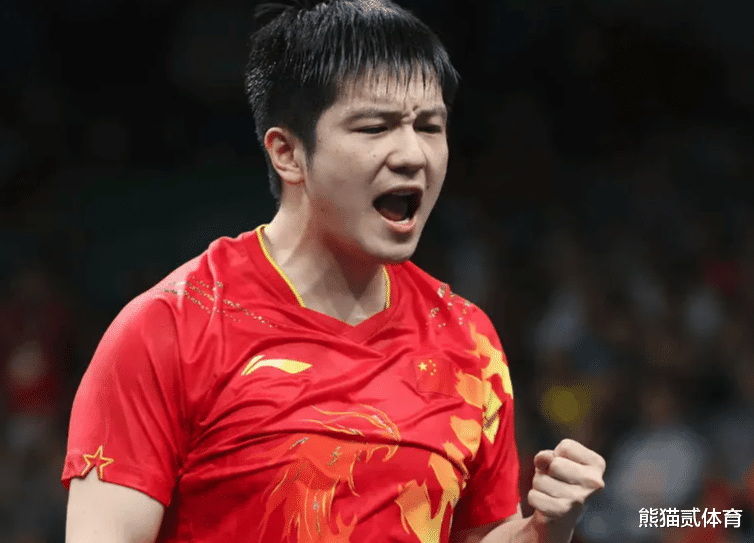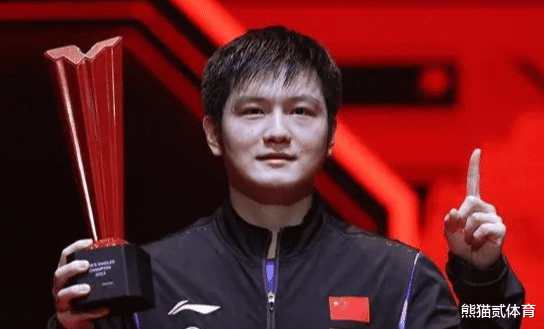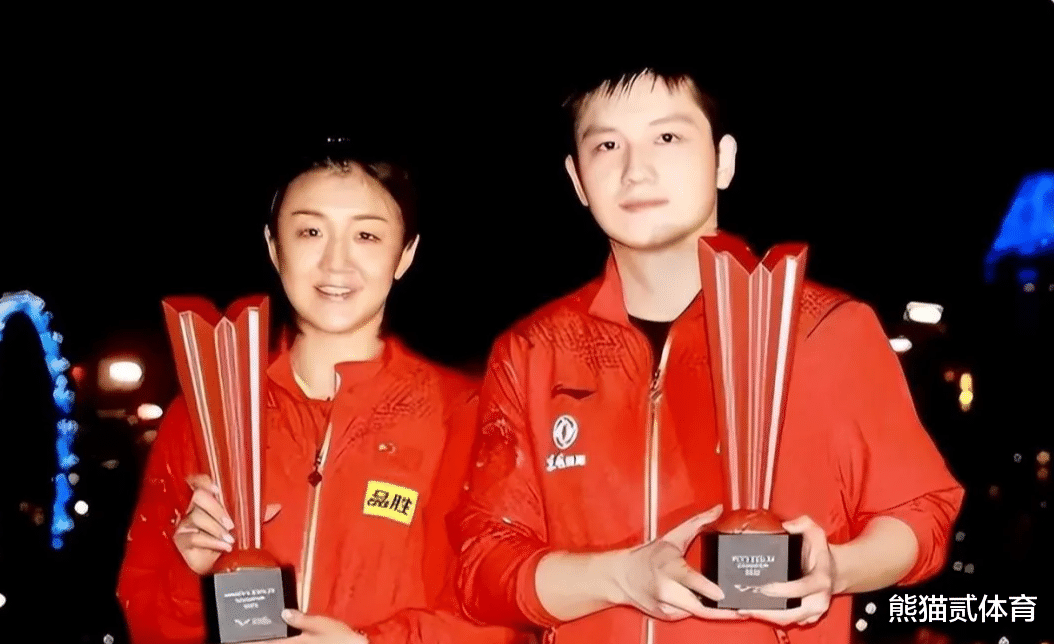Recently, the Chinese table tennis team announced the Asian Cup entry list. As expected, the men's team core Fan Zhendong and women's singles top player Chen Meng were not selected. The omission of the two quickly triggered widespread attention from fans and media, with many fans worried that Fan Zhendong may find it difficult to participate in the upcoming Los Angeles Olympics. After in-depth analysis, this view is not groundless but based on the multiple challenges Fan Zhendong currently faces and the inevitable trend of new and old alternation in the table tennis world.
The 27-year-old Fan Zhendong, as one of the top players in today's table tennis world, has unquestionable strength and is at his peak. Looking back at last year's Paris Olympics, Fan Zhendong, under the huge pressure of poor form and Wang Chuqin's early exit, won the men's singles gold medal with outstanding performance and tenacious mental quality, achieving the glorious feat of a grand slam. This feat demonstrated Little Fatty's superb level in technology and tactics and proved his ability to withstand pressure and perform steadily in critical moments.

The 27-year-old Little Fatty is at the golden age of a table tennis player and theoretically has the full capability to compete for another Olympic cycle. However, reality has cast a shadow over Fan Zhendong's path to the Los Angeles Olympics. First, Fan Zhendong chose to withdraw from the world rankings, which undoubtedly had a significant impact on his international competitiveness. World ranking is an important indicator for measuring a player's strength and foreign competition opportunities. Withdrawing from the rankings means Fan Zhendong will lose many opportunities to compete with international masters, which is extremely unfavorable for maintaining and improving competitive form.
Lacking long-term international competition training, Fan Zhendong's technical and tactical levels may gradually lag behind other top players, thereby increasing the difficulty of winning the championship in future Olympics. Second, Fan Zhendong's motivation issue is also worrying. Having already achieved a grand slam, the motivation to move forward inevitably weakens. Moreover, the Paris Olympics cycle was an extremely difficult time for Fan Zhendong, who endured tremendous psychological exhaustion and was physically and mentally exhausted. This state of fatigue not only affects training quality but also makes it difficult for him to perform at his best in competitions. For top events like the Olympics, where there is no room for mistakes, uncertainty in form is fatal.

At the same time, the Chinese table tennis team is actively seeking solutions for the alternation of new and old players. The rise of young player Lin Shidong has injected new vitality into the Chinese table tennis team. After the Paris Olympics, Little Stone quickly came to prominence, winning men's singles titles in several competitions including the China Grand Slam, and his men's singles world ranking jumped to second, demonstrating strong strength and potential.
Lin Shidong's excellent performance has given the Chinese table tennis team more choices in terms of young talent reserves and provided more possibilities for Coach Liu Guoliang in team layout. Naturally, the other ace of the national table tennis team is still the world No. 1 Wang Chuqin. After the Waterloo of the Paris Olympics, Wang Chuqin did indeed experience a period of depression, but with the championship win at the year-end finals, Wang Chuqin has returned to the right track.

Under the requirement of only two male singles participants in the Olympics, Wang Chuqin and Lin Shidong are undoubtedly the best and reasonable choices. Facing the rise of Wang Chuqin and Lin Shidong, the Chinese table tennis team needs to make wise decisions. On the one hand, they should try their best to help Fan Zhendong adjust his state and recover his motivation, providing him with more competition opportunities and training support; on the other hand, they should also prepare for Fan Zhendong's absence from the game, continue to increase the cultivation and discovery of young players, ensuring that they can stand on their own in future international competitions.
Of course, the sports world is full of uncertainties. Fan Zhendong still has the possibility to adjust his state later and actively seek opportunities to return to the forefront of the world rankings. And Wang Chuqin and Lin Shidong also face many challenges and tests, needing to pay more effort and sweat to enhance their strength before the arrival of the Los Angeles Olympics.